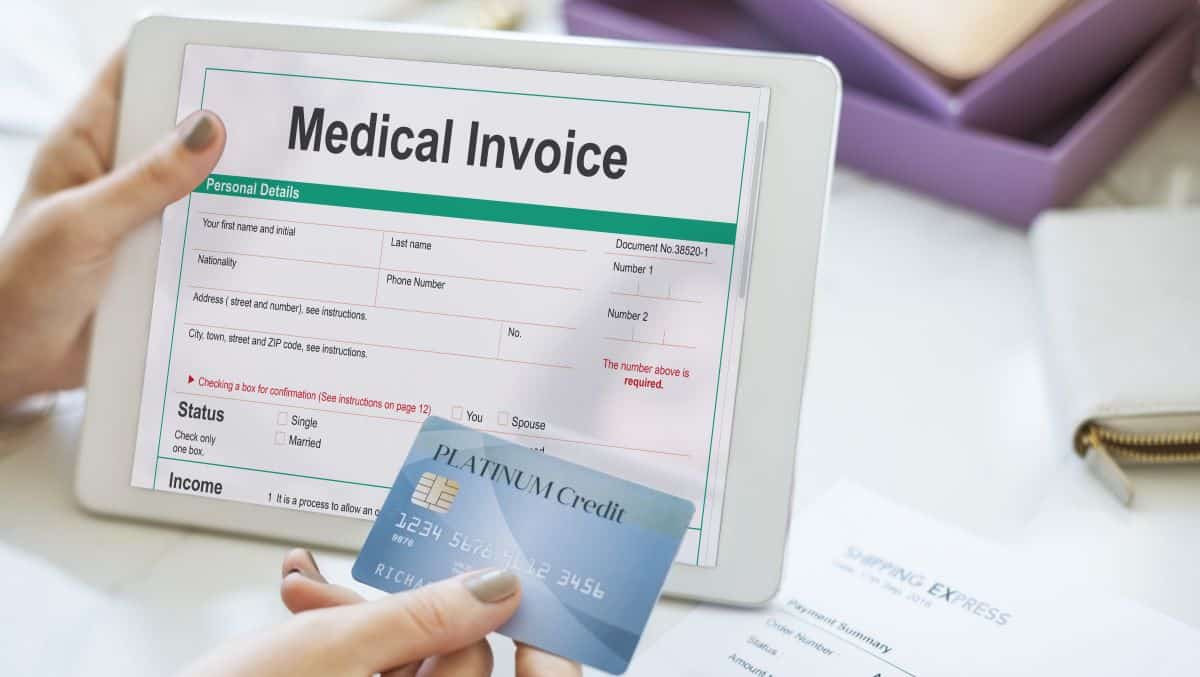Healthcare is supposed to be about trust. You trust that the people treating you are putting your well-being first. You also trust that your insurance company is paying for services that are real, necessary, and fair. (And, likewise, insurance providers trust that medical providers and patients are telling them the truth about the procedures performed.)
When that trust is violated, it’s a crime. And it’s called healthcare fraud.
Whether you’re a patient, a provider, or someone working in the system, it’s important that you understand what it is, how it happens, and what’s at stake if you get involved.
What Exactly Is Healthcare Fraud?
Healthcare fraud is any act of deception used to gain unauthorized benefits from a healthcare program – whether that’s Medicare, Medicaid, private insurance, or another system. It’s a deliberate attempt to get money or services through dishonest means.


The most common form of healthcare fraud is billing for something that never actually happened. This could mean:
- Charging for a procedure that wasn’t performed
- Falsifying a diagnosis to justify unnecessary treatment
- Inflating the cost of services provided
- Using someone else’s insurance to receive care
- Accepting kickbacks for referring patients to certain specialists or facilities
And it doesn’t just involve doctors. Nurses, pharmacists, patients, billing staff, and even large healthcare companies have all been found guilty of defrauding the system.
Why It’s a Big Deal (And a Federal Crime)
You might think this sounds like white-collar crime – something that results in a fine or maybe community service. But it’s actually much more serious than that.
“Healthcare fraud is a felony punishable by substantial fines and imprisonment, even for life,” attorney Peter Katz explains. “Under 18 U.S.C. § 1347, one count of healthcare fraud could carry up to 10 years imprisonment. If doctors perform unnecessary medical treatments to obtain money and the patient subsequently suffers from a serious bodily injury or dies, offenders can be imprisoned for life.”


In other words, we’re talking about real fines and prison time with criminal records attached.
And in many cases, those charged with healthcare fraud never thought they were “criminals.” They were doctors pressured to boost revenue or billing managers told to follow orders. But under the law, intent and actions matter more than excuses.
If the government can prove you knowingly lied or deceived for financial gain in the healthcare system, you’re in serious legal territory.
Common Types of Healthcare Fraud
To protect yourself, it helps to recognize the most common schemes.
- Upcoding or Unbundling. This happens when a provider charges for a more expensive procedure than what was actually done (upcoding) or bills separately for services that should be grouped together at a lower cost (unbundling).
- Phantom Billing. No patient ever received the treatment – but it’s billed anyway. This is often seen in clinics or nursing homes that claim services were rendered when no such visit occurred.
- Kickbacks and Referral Schemes. Doctors or providers get paid under the table to refer patients to specific labs, pharmacies, or specialists. This is a violation of the Anti-Kickback Statute and Stark Law.
- Fake Patients or Stolen Identities. Fraudsters use stolen Social Security numbers or insurance cards to bill for services under someone else’s name.
- Unnecessary Treatments. Performing surgeries, ordering tests, or prescribing medications that aren’t needed – just to bill insurance companies. Not only is this unethical, it’s dangerous.
- Prescription Drug Fraud. This includes overprescribing medications, forging scripts, or running pill mills for profit – especially when it comes to controlled substances like opioids.
Who Investigates Healthcare Fraud?
When fraud is suspected, federal agencies move fast (and they don’t play around).
The FBI, HHS-OIG (Office of Inspector General), DEA, and Department of Justice all have dedicated units for healthcare fraud. Whistleblowers, patients, insurers, or internal audits often trigger these investigations.


Once they’re involved, expect everything to be reviewed – billing records, medical charts, emails, phone logs, tax filings. If fraud is found, it can lead to criminal charges, civil penalties, exclusion from federal healthcare programs, and more.
If you’re contacted by any of these agencies, it’s past time to call a lawyer.
How to Protect Yourself
Whether you’re a provider, a billing specialist, or someone who works in healthcare administration, don’t assume your organization has everything under control.
Here’s how to stay aboveboard:
- Audit your billing regularly to ensure codes match the services provided.
- Know the laws around referrals, incentives, and documentation.
- Refuse to cut corners or look the other way when something seems off.
- Document everything you do, especially if you suspect wrongdoing.
- Speak to an attorney the moment you feel pressured to do something unethical or illegal.
And if you’re a patient? Don’t just sign anything without reading. Review your Explanation of Benefits (EOB) to make sure nothing looks suspicious. If something doesn’t make sense, you have every right to ask questions.
Putting it All Together
Healthcare fraud might sound like something that happens in faraway courtrooms or big-city hospitals. But the truth is, it can happen in any clinic, any town, and any profession. You might not even realize you’re involved until it’s too late.
Understanding what healthcare fraud is and how serious it can be will help you stay out of harm’s way. But, remember, you don’t have to do this alone. Work with an attorney to get the proper protection and clarity.








